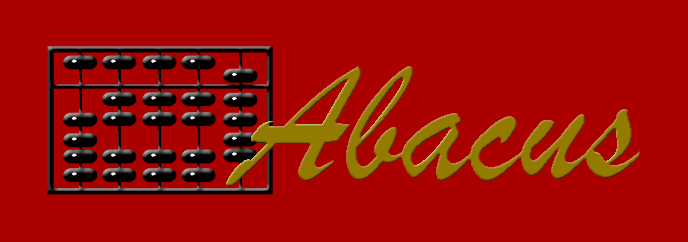
Services
- *** NEW ***
- Online Education
- What is Correct English?
- Acing the SAT
- Homeschool Classes
- Grammar Resources
- SAT Grammar Errors
Site Map
- AES Home
- Featured Resource
- Acing the SAT
- Education Journal
- Grammar Playsheets
- Grammar Resources
- Vocabulary tips
- Vocabulary Quiz
- Software
- Online SAT Resources
- SAT Grammar Errors
- Books on the New SAT
- Vocabulary Books
- Vocabulary List
- Vocabulary Crosswords
- Homeschooling
- Homeschooling
- Homeschooling Classes
- AP exam preparaion
- Homeschooling Books
- Homeschool on the Web
- Homeschooler Central
- Children's books
- The Wind in the Willows
- The Golden Age
- Language Reference
- Common Errors
- Subject/Verb mismatch
- Number (singular/plural)
- Case, declension
- Misplaced Modifiers
- Metaphors
- Mixed Metaphors
- Confused Verbs
- Sentence Fragments
- Run-on Sentences
- Parts of Speech
- Verbs
- Nouns, Pronouns
- Prepositions
- Adjectives
- Online Education
- Studying Online
- Online Higher Education
- Writing Class Online
- Online degrees
- Accredited degrees
- Recommended reading
- Children's books
- Cat Flinging
- Motorscooter Solution
- Wistful Vistas
- Thailand Escape
- Contact us
- Graded Links
Nouns
Nouns represent person
place or thing, including abstractions.
Nelson Mandela, book, compost, humor, confusion, exasperation are
nouns. There are a potentially infinite
number of nouns as new ones are being invented all the time. English nouns are inflected (changed in form
or declined) only to show plural and possessive qualities. "Book" becomes "books"
in plural and "book's" would indicate possession as in "the
book's jacket."
Only proper nouns, the name
of a place or person, are capitalized: Ferdinand, Severus, Rupert, Sir Thomas
Crapper, etc.
Pronouns
Pronouns take the place of
nouns. There are only a few of these
and you already know them all. Who
(whom in object case), what, which, that, each, are examples of general
pronouns. Apart from who, whose
object form is whom and possessive is whose, only the personal
pronouns are declined extensively.
Declension is used to indicate subject, object, or possessive case
according to how they are used in the sentence and depending upon the number,
person, and gender of the noun represented by the pronoun. Here is a chart.
Personal Pronoun Declension
|
number |
person |
gender* |
Cases of Personal Pronouns |
possessive |
|||
|
subject |
object |
possessive |
reflexive |
||||
|
singular |
1st |
m/f |
I |
me |
mine |
myself |
my |
|
2nd |
m/f |
you |
you |
yours |
yourself |
your |
|
|
3rd |
m |
he |
him |
his |
himself |
his |
|
|
f |
she |
her |
hers |
herself |
her |
||
|
n |
it |
it |
its |
itself |
its |
||
|
plural |
1st |
m/f |
we |
us |
ours |
ourselves |
our |
|
2nd |
m/f |
you |
you |
yours |
yourselves |
your |
|
|
3rd |
m/f/n |
they |
them |
theirs |
themselves |
their |
|
* m=masculine f=feminine
n=neuter
 Advanced Writing text for the student with little time and a low boredom threshold
Advanced Writing text for the student with little time and a low boredom threshold